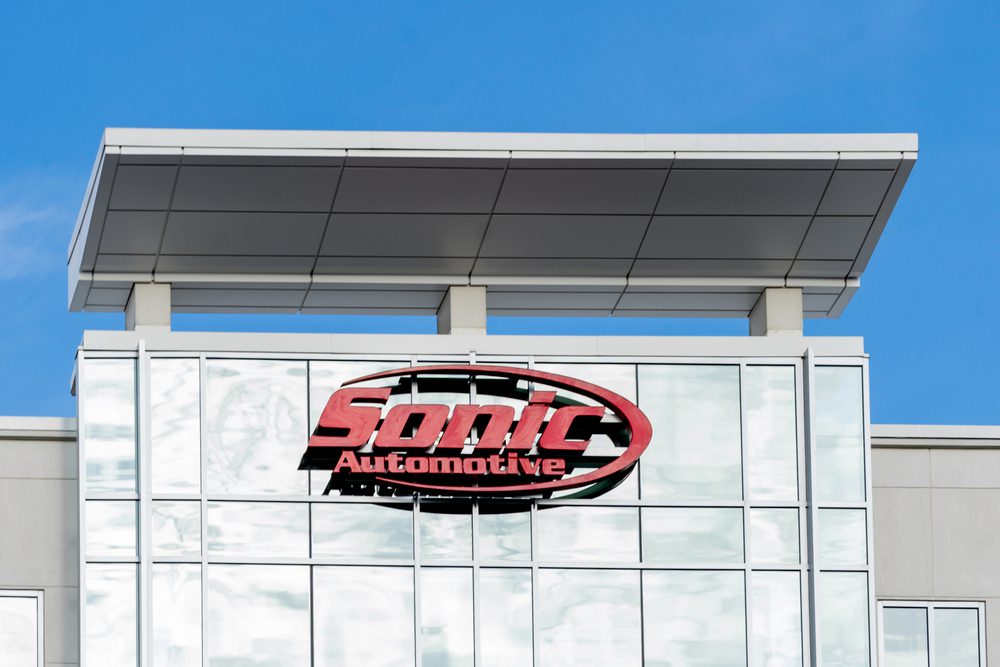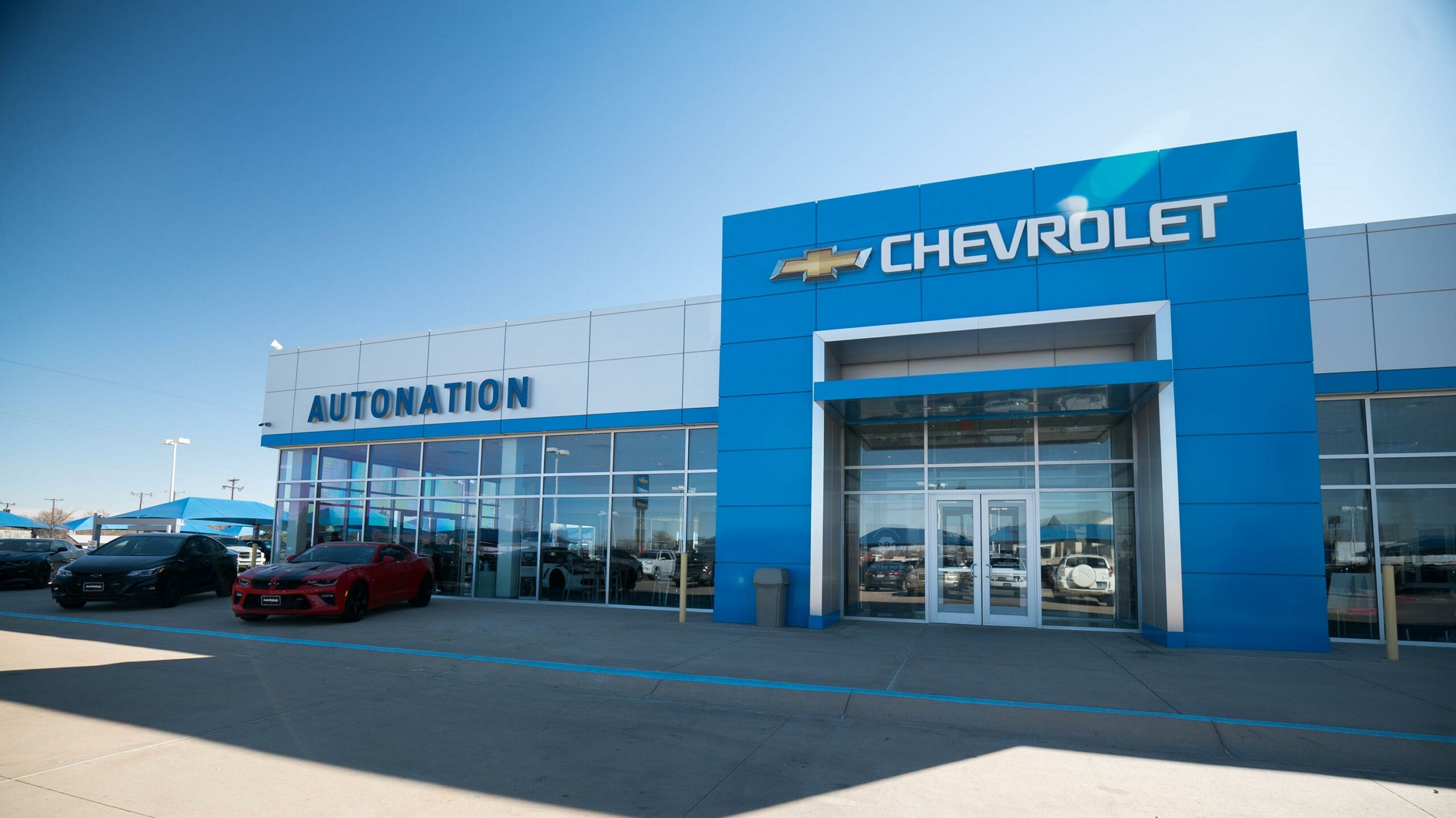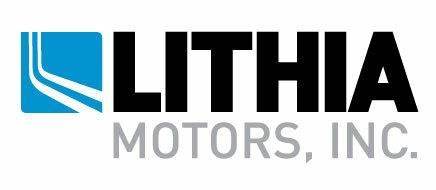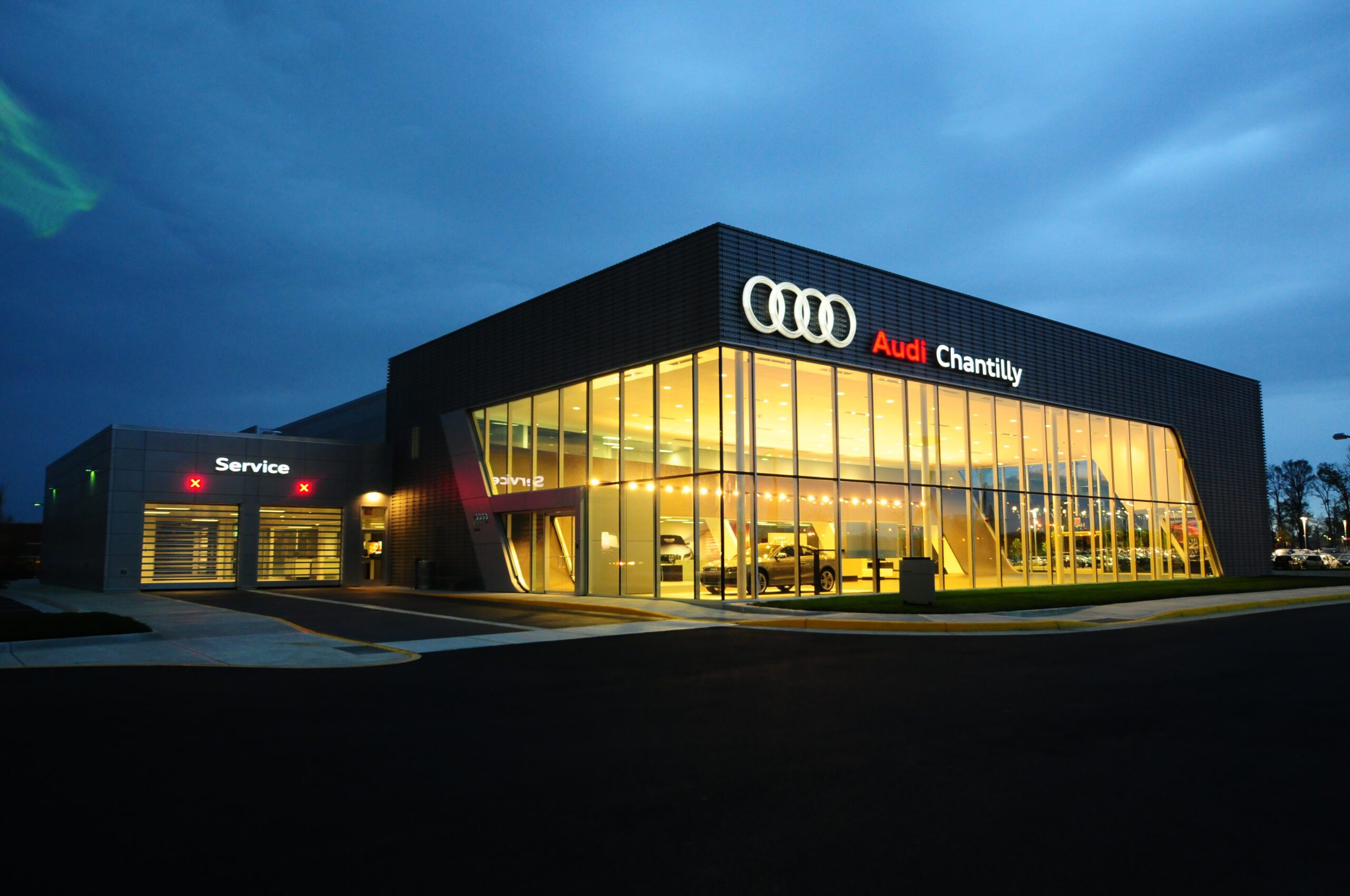2020 has brought twists, turns, and challenges of every sort. Auto retailers have certainly felt the unpredictability as they’ve tried to navigate through the most unusual year in recent memory. The second quarter of 2020 has come and gone, and now the industry looks back on what was lost and gained during a pivotal quarter.
The impact of COVID-19 hit businesses right at the beginning of Q2, forcing dealerships across the country to close their doors. The stage seemed set for the auto retail industry to take its biggest fall since the financial crisis of 2008. However, many dealers took the challenge head-on, placing strong efforts in digital sales and marketing resources. The online car buying experience became a lifeline for dealers to reach consumers with pickup and delivery options. Sales were also aided by government stimulus, both by giving car buyers extra money and the PPP loan. While there were many losses in Q2, many auto retailers have also beat their forecasted numbers and reached record highs as unpredictable as the year itself.
Asbury Automotive Group
Asbury Automotive Group (ABG) beat their forecasted earnings from Zacks Consensus Estimate of $2.47 per share, by posting quarterly earnings of $2.52 per share. The retailer posted a revenue of $1.45 billion for Q2, a drop from last year’s $1.80 billion but still better than their predicted estimates by 2.80%.
AutoNation
The nation’s largest auto retailer, AutoNation (AN) posted a $280 million net income for second-quarter from continuing operations. The retailer totaled a revenue of $4.5 billion, a decrease of 14% from Q2 in 2019.
A key contributing factor to the Fort Lauderdale-based company was a $161 million one-time gain from an investment in online used-vehicle retailer Vroom. The financial results set a record for adjusted earnings per share contributed by resuming operations.
Related: AutoNation Benefitting Tremendously from Resuming Operations
Lithia Motors
Lithia Motors, Inc. (LAD) posted adjusted earnings of $3.82 per share in Q2, beating the Zack’s Consensus Estimate of $1.51 per share. Two key takeaways from Lithia’s quarters were:
- New-vehicle retail revenues dropped 19.9% year over year to $1,367.8 million
- Used-vehicle retail revenues rose 3.8% year over year to $922.2 million.
- Both revenues beat their estimates as new-vehicle retail revenues were predicted at $952 million and used-vehicle retail revenue at $515 million.
Penske
Penske Automotive Group (PAG) posted second-quarter earnings per share of 56 cents beating their estimate of 55 cents. The earnings number falls in line with the prediction Penske made earlier in July when the retailer forecasted second-quarter earnings per share of 52 cents to 57 cents.
Gross profit for the company dropped to $552.9 million from last year’s Q2 posting of $867.8 million. New-vehicle revenues were $1,384.7 million, a 38.8% year over year drop and used-vehicle revenues declined 36% to $1,159.6 million.
Related: Penske Automotive Forecast a Profit in Q2
Sonic Automotive
Sonic Automotive, Inc. (SAH) saw an increase in diluted share from continuing operations of 71 cents for second-quarter, compared to 62 cents from Q2 in 2019.
“Our second-quarter results reflect not only dramatic operating improvements since the onset of COVID-19 but also all-time record monthly profit in June,” said David Smith Sonic and EchoPark’s Chief Executive Officer. “The record-setting momentum we saw during the month of June has continued throughout July to date.”


The retailer’s new vehicle unit sales were down 25% however, new vehicle gross profits per unit were up 9% to $2,218. Unit sales among used cars were down 12% and used vehicle gross profits per unit were down 14% to $1,122.
Auto retailers will look to continuously evolve with the current state and aftermath of the pandemic. Second-quarter proved to be very stressful, however, it did bring to focus vital resources in the car-buying process that will be instrumental for dealers in the years to come.
Did you enjoy this article from Josh Isley? Read other articles from him here.


While you’re here, don’t forget to subscribe to our email newsletter for all the latest auto industry news from CBT News.
This has been a JBF Business Media production.











